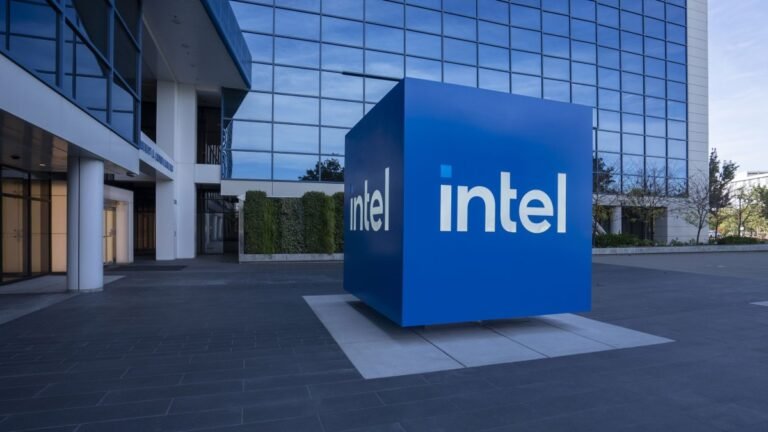
The Linux Foundation today announced the launch of the Open Platform for Enterprise AI (OPEA), a project to foster the development of open, multi-provider and composable (i.e.
modular) generative AI systems.
Now, OPEA’s members are very clearly invested (and self-interested, for that matter) in building tooling for enterprise generative AI.
Domino offers a suite of apps for building and auditing business-forward generative AI.
And VMWare — oriented toward the infrastructure side of enterprise AI — last August rolled out new “private AI” compute products.
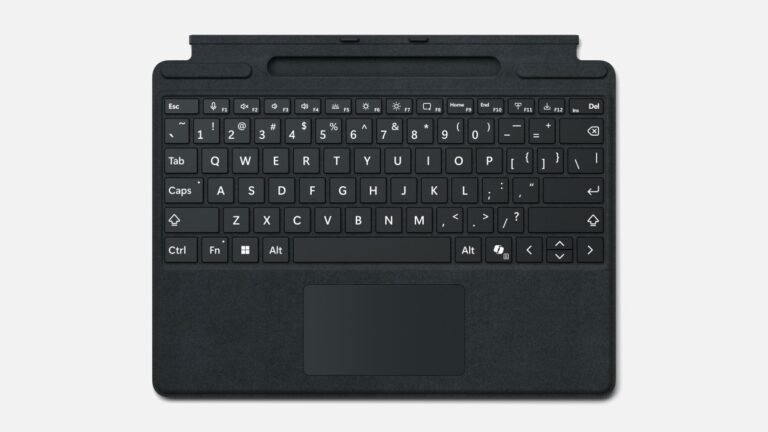
What’s been billed as a Windows event is, predictably, focused on AI efforts, with Copilot taking the wheel.
The new Surface Pro 10 for Business and Surface Laptop 6 for Business both sport a devoted Copilot key wedged between the Alt key and arrows.
At the end of the day, a Copilot key is simply a physical shortcut that surfaces one particular service.
That the key has been added to a pair of business-focused devices highlights how much the company is considering Copilot an important enterprise play.
The Surface Pro 10 for Business sports a 13-inch touchscreen, powered by either the Intel Core Ultra 5 or 7 and the Intel AI Boost NPU.

The CHIPS Act can be seen as a direct result of a number of pressing geopolitical issues.
The above, coupled with long-standing efforts to revitalize U.S. industry, spurred on economic efforts to reshore manufacturing.
While the CHIPS Act was still winding its way through Capitol Hill, Intel announced plans to open a $10 billion manufacturing facility just outside of Columbus, Ohio.
It says it expects those efforts will create 20,000 construction and 10,000 manufacturing jobs — music to the ears of an administration keenly focused on monthly jobs reports.
Notably, Intel recently pushed back the manufacturing start date of its New Albany, Ohio, plant two years to 2027, citing changes to the business environment.
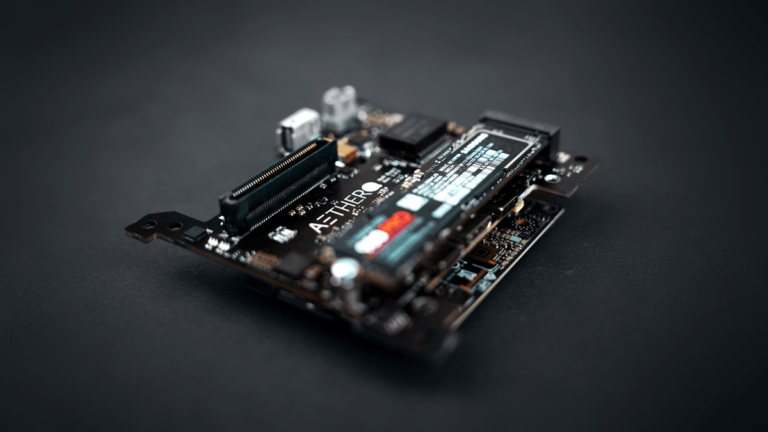
Satellite sensors collect an incredible amount of raw data, but on-orbit compute limitations mean that operators have little way to process this data in space.
The startup is developing radiation-hardened edge computers for on-orbit data processing and eventually even autonomous decision-making.
The startup’s first generation space computer is called the AetherNxN, which is based around an Nvidia Orin processor.
Aethero is planning to release a larger, second-generation module for bigger spacecraft before transitioning to a proprietary space processor.
“We see ourselves as becoming the Intel or Nvidia of the space industry,” he said.

Nvidia’s chief rivals in the AI chip space — AMD, Arm and Intel — have been investing aggressively in startups, too, looking to make up ground in markets inclusive of the especially frothy generative AI segment.
IntelOf Nvidia’s competitors, Intel far and away has the biggest startup investment operation thanks to Intel Capital, its long-running VC.
Curiously, AI startups — despite their strategic importance to the chip industry these days — make up a relatively small portion of Intel’s venture portfolio.
According to Crunchbase, Intel’s holdings in software, IT and enterprise SaaS companies far outnumber its AI startup holdings by deal volume.
AMDLike Intel and Arm, AMD invests in startups both directly and through a VC org, AMD Ventures.
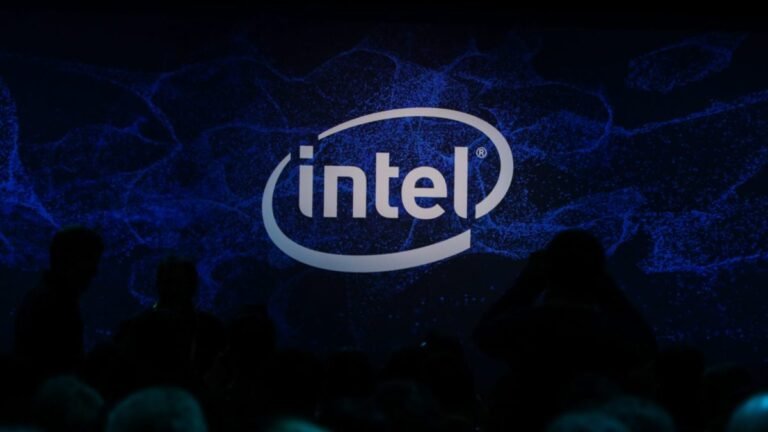
Called Articul8 AI (an awkward abbreviation of “Articulate AI”), the new entity builds off a proof-of-concept from an Intel collaboration with Boston Consulting Group (BSG) early last May.
Reuters reports that Intel, using its hardware and a combination of open source and internally-sourced software, created a gen AI system that can read text and images — running inside BCG’s datacenters to address BSG’s security requirements.
“Articul8’s gen AI software product was built from the ground up to address the needs of enterprises and is optimized for speed of deployment, scalability, security and sustainability — including costs,” the spokesperson told TechCrunch via email.
“The Articul8 platform delivers AI capabilities that keep customer data, training and inference within the enterprise security perimeter.
“Intel and Articul8 will remain strategically aligned and Intel plans to leverage Articul8’s enterprise gen AI software for internal use cases as well as offer it to end customers as part of a joint go-to-market partnership,” the spokesperson said.
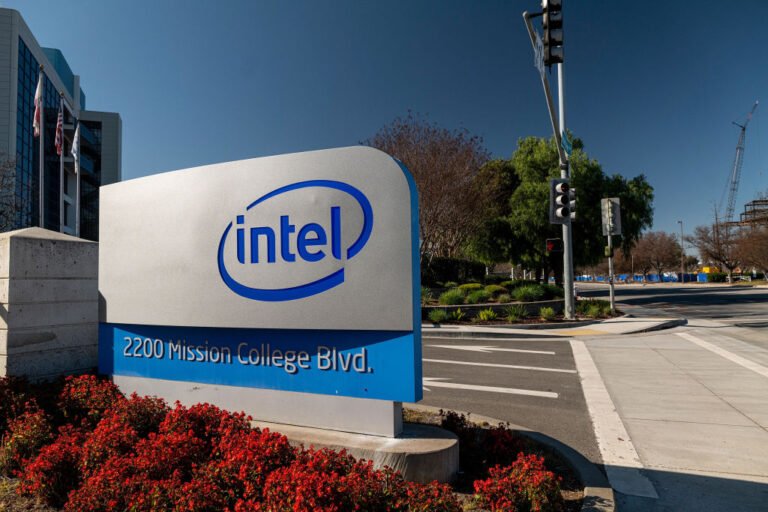
Intel’s drastic dividend change – from a steady $0.365/share to a much smaller $0.125 – comes as the chip giant battles tough economic conditions and struggles to keep up its…










